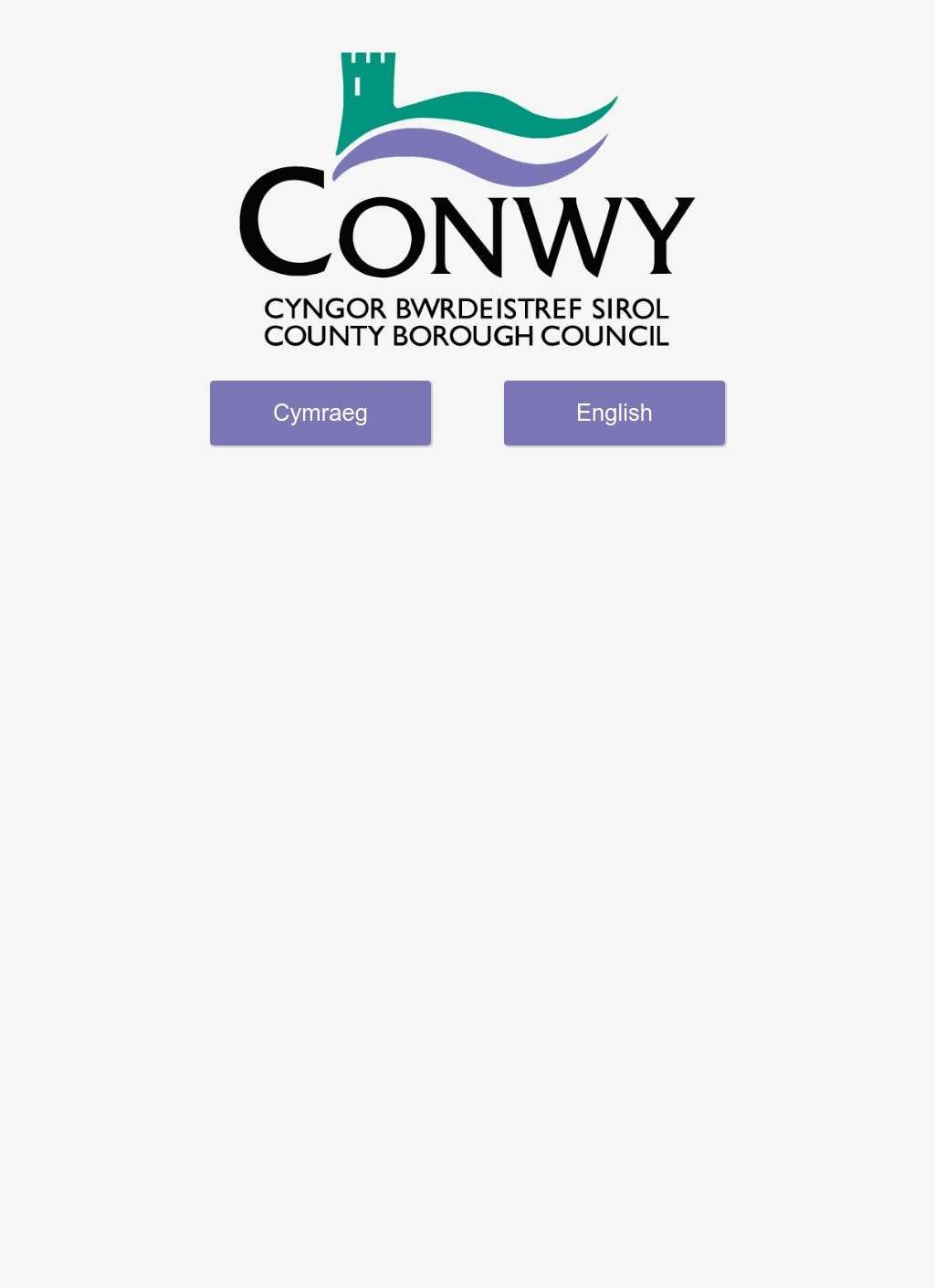Conwy County Borough Council serves as the principal administrative authority for one of North Wales' most distinctive regions. The council operates from its headquarters at Coed Pella in Colwyn Bay, managing a diverse territory that spans 1,126 square kilometres along the dramatic North Wales coastline. With responsibility for over 114,000 residents, the council coordinates essential services across historic towns like Conwy, Llandudno, and Colwyn Bay, whilst also maintaining the rural communities that characterise much of this Welsh-speaking heartland.
The council's service portfolio encompasses the full spectrum of local government responsibilities. Education remains a cornerstone priority, with the authority overseeing dozens of primary schools, secondary schools, and Welsh-medium education facilities throughout the borough. Social services teams work across children's and adult care divisions, providing support ranging from child protection to elderly care services. The highways department maintains the extensive network of roads that wind through coastal resorts and mountain passes alike, whilst the planning department balances development needs with the preservation of an area where one-third of the land falls within Snowdonia National Park.
Environmental services form another crucial aspect of the council's operations. Waste collection and recycling programmes serve every household in the borough, from the Victorian terraces of Llandudno to the remote farmsteads of the Conwy Valley. The council has launched innovative campaigns like 'Keeping up with the Joneses' to boost recycling rates amongst households that currently recycle little. Street cleaning teams maintain the pristine appearance of tourist hotspots during the busy summer season, whilst countryside services protect the natural heritage that draws millions of visitors annually.
Democratic representation lies at the heart of the council's structure. Following the 2022 local elections, Independent councillors form the largest group, reflecting the area's tradition of local politics transcending party lines. The council chamber at Bodlondeb brings together elected members representing diverse wards, from the seaside communities of Penrhyn Bay to the inland market town of Llanrwst. Regular council meetings, planning committees, and scrutiny panels ensure transparent governance and community involvement in decision-making processes.
Housing and regeneration initiatives demonstrate the council's commitment to addressing contemporary challenges. Recent years have seen significant investment in social housing upgrades, including a £3 million Welsh Government grant for modernising homes in the Colwyn Bay area. The authority works closely with housing associations to tackle homelessness and provide affordable accommodation in an area where tourism-driven property prices can exclude local families. Town centre regeneration schemes in Colwyn Bay and Llandudno aim to revitalise retail areas whilst preserving their distinctive architectural character.
Tourism and economic development receive substantial council attention, recognising their vital contribution to local prosperity. The authority maintains tourist information centres, supports events like the Llandudno Victorian Extravaganza, and works with businesses to promote the area's attractions. From the medieval walls of Conwy Castle to the Great Orme's dramatic headland, the council helps manage visitor infrastructure whilst ensuring tourism benefits local communities. Partnership working with organisations like Venue Cymru ensures world-class cultural offerings complement the natural attractions.
Welsh language promotion features prominently in council operations, reflecting Conwy's position as a stronghold of the Welsh language. The authority provides bilingual services across all departments, supports Welsh-medium education from nursery through secondary level, and promotes cultural events celebrating Welsh heritage. Council meetings can be conducted in either language, with simultaneous translation ensuring accessibility for all participants. This commitment extends to supporting Welsh language initiatives in communities where the language remains the primary means of daily communication.
Financial management presents ongoing challenges, with the council navigating budget pressures whilst maintaining service quality. Recent years have seen difficult decisions about service provision and staffing levels, including announcements of potential job losses to address funding gaps. Despite these constraints, the authority continues investing in priority areas like education, social care, and infrastructure maintenance. Council tax levels remain a sensitive issue, balancing the need for revenue with affordability for residents in an area with significant economic disparities.
Digital transformation increasingly shapes service delivery, with online portals allowing residents to report issues, pay council tax, and access services remotely. The council's website provides comprehensive information in both Welsh and English, from bin collection schedules to planning applications. Social media channels like the council's Facebook page, with over 15,000 followers, facilitate real-time communication about service disruptions, events, and consultations. This digital engagement complements traditional communication methods, ensuring all demographics can access council services effectively.
Partnership working extends the council's reach and effectiveness. Collaboration with neighbouring authorities through the North Wales Economic Ambition Board pursues regional economic development. Links with Betsi Cadwaladr University Health Board integrate health and social care provision. The council appoints members to the Snowdonia National Park Authority, ensuring local representation in managing this globally significant landscape. Educational partnerships with Bangor University and Coleg Llandrillo support skills development and research benefiting local communities.
Climate change and environmental sustainability shape increasingly prominent council priorities. Coastal protection schemes address erosion threats to communities like Llanfairfechan and Colwyn Bay. Renewable energy projects, active travel infrastructure, and energy efficiency programmes for council buildings demonstrate commitment to carbon reduction targets. The authority's biodiversity duty plan, developed with partners including North Wales Wildlife Trust, protects habitats ranging from alpine environments to coastal wetlands. These environmental responsibilities balance conservation needs with supporting sustainable economic activity in rural areas.
Contact with the council remains straightforward through multiple channels. The main switchboard (01492 574000) operates during office hours, with an emergency number (0300 123 3079) available outside standard times. Residents can visit council offices in person, though many services now operate primarily online. The accessible website, textphone services, and translation facilities ensure all community members can engage with their local authority.
